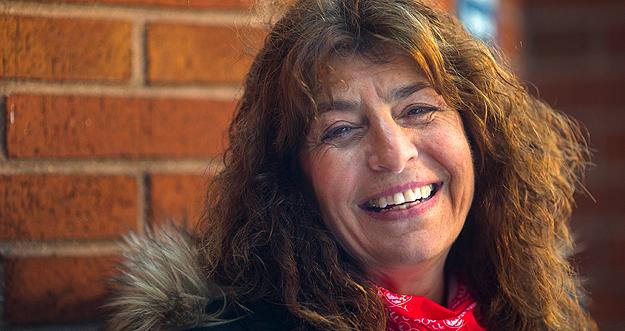Why do nurses & other professionals need a union?

In nursing school we’re taught that when we graduate, we earn the title registered “professional” nurse. But what is a professional?
- A specialist, an expert, a skilled, proficient, qualified, licensed, certified, trained individual in an area of work or practice.
- A person with a degree of autonomy and control over said field.
- An individual with a degree of decision-making authority.
After years of study, we do have much theoretical training and textbook knowledge. After a few years of practice we are on the road to proficiency, enhanced skills and the development of expertise. The term rings true on these levels.
But once we enter the factory-like atmosphere of a health facility, we discover that we have little autonomy to define our practice, nor do we have the authority to determine how our skills and knowledge can best be implemented. While we draw upon our skills to make clinical decisions every day, we don’t have control over the resources and supports required to deliver such care.
And, my colleagues, therein lies the rub.
The illusion of professional autonomy
It is this illusion of professional autonomy that many employers use to convince nurses that we don’t need to unionize in order to ensure that we have what we need to do our jobs. Schemes of so-called “shared governance” help to further this fantasy of control.
Non-managerial nurses do not determine budgets and resources. Thus governance is never “shared.” Our input can be sought, our brains can be picked, our clinical and practical knowledge can be mined, but final decisions about what, how much and in what way resources are allocated are the purview of the bosses. And the bosses we see and meet with are not even the final decision-makers. They have to answer to the CEOs, CFOs and COOs whom we never see or hear from—except for a cute letter sent out on Nurses Week or Christmas.
So what does a union do?
Throughout history, workers recognized the need to unite to deal with employers to improve working conditions, pay and other factors that improved their lots in life. This purposeful and organized unity led to the formation of unions.
Professional caregivers have the same needs as other workers: to improve salary, benefits, hours, working conditions, respect for what we do, safety, fair treatment if accused of violations, etc. But Professionals have additional needs: to practice our profession as we see fit, based on our licensure, certification, education and autonomous judgment capability.
Thus, we have a GREATER need to be unified in an organized body to negotiate these terms. But the title “professional” has been used by employers to make us feel that we don’t need unions, that we are somehow “better” than less skilled workers and able to do fine on our own. Nothing is further from the truth.
Labor history
Life in the United States would look very different were it not for the presence and serious sacrifices and struggles of union members and those trying to organize.
Why employers feel so threatened by unions
Union members have elaborate legal rights in both the private and public sectors (NLRA, PERA, etc.). In addition, we have the ability to push the envelope beyond what is spelled out in statute.
Workers, together, can compel an employer to behave in ways they would not normally prefer to. A lone worker does not have that power. In fact, the “power playing field” is dramatically altered when a union is present and the workers are engaged. The possibilities are limitless.
This is why corporations and their government accomplices have been so anxious throughout history to destabilize, decertify and destroy unions and the power that workers can aspire to. The Janus case is no exception. If you disable the ability of a union to have a treasury, you destroy the most important organizational structure in America, one that gets its funding solely from its members and is beholden to no special interests who can demand paybacks or favors.
Finally, a union is not a “third party” as the union-busting literature likes to describe it. The union is us. We have the ability to craft it in the way that serves our interests and our patients’ needs. Nurses and our patients are the two entities among which the work takes place. The Employer is the real third party, more often than not, getting in our way and placing obstacles in our path.
Albany Medical Center nurses